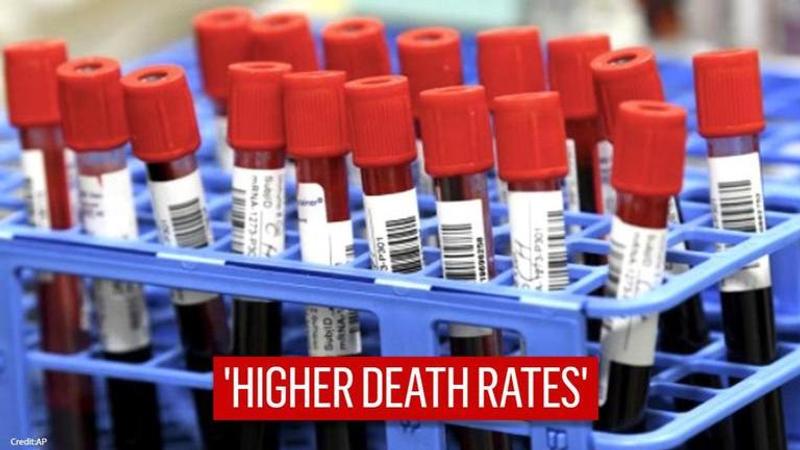Published 20:16 IST, December 16th 2020
COVID-19: Australian researchers ask to prioritise 'mental illness' patients for vaccines
Australian researchers found that patients with mental illness had higher rates of COVID-19 hospitalization and were categorized as the 'high-risk groups'.

Australian researchers have urged that people with mental illness must be prioritized for COVID-19 vaccines as they are more vulnerable to contracting the deadly SARS-coV-2. In a study conducted by the University of Queensland, researchers found that patients with a history of mental illness had higher rates of hospitalization and were categorized as the high-risk groups. A range of factors such as medications, poorer general health, reduced access to medical care, lower socio-economic status, overcrowding, smoking, and obesity, made the impact of the COVID-19 worse in such people. “Once infected, they are also more likely to have poorer health outcomes and higher death rates compared with the general population,” the study claimed.
According to a statement by Professor Dan Siskind from UQ’s Faculty of Medicine Princess Alexandra Hospital Southside Clinical Unit, the patients of mental illness must be inoculated in the first phase of the vaccination as the vial shipments roll-out. The group must be included in the list of high priority along with the Indigenous and people of colour, elderly, and those with physical health comorbidities.
“Evidence from existing vaccination programs suggests that there could be challenges in vaccinating these groups at both an individual and public health level,” Siskind stressed. He warned that another challenge with vaccinating people with mental illness would be their unwillingness to adopt preventative measures, such as a COVID-19 vaccine. It could strike the patients with excessive anxiety for example. “They may also be less likely to see vaccines as safe, and more likely to believe that the vaccine itself can cause the illness,” professor Siskind asserted.
Need to 'eliminate the barriers'
Scientists stress the need for a widespread campaign to educate vulnerable groups such as the patients of mental illness to convince them that the vaccination was the safe and effective measure to stem the pandemic. There’s a need to extend a deliver individualized and clear messaging, doctor Siskind emphasized in a statement. He added there was a need to eliminate the barriers to vaccination and infusing public trust. “They can play a key role in advocating for priority access to a COVID-19 vaccination for those with serious mental illness, as well as facilitating its uptake,” he said.
Updated 20:16 IST, December 16th 2020



